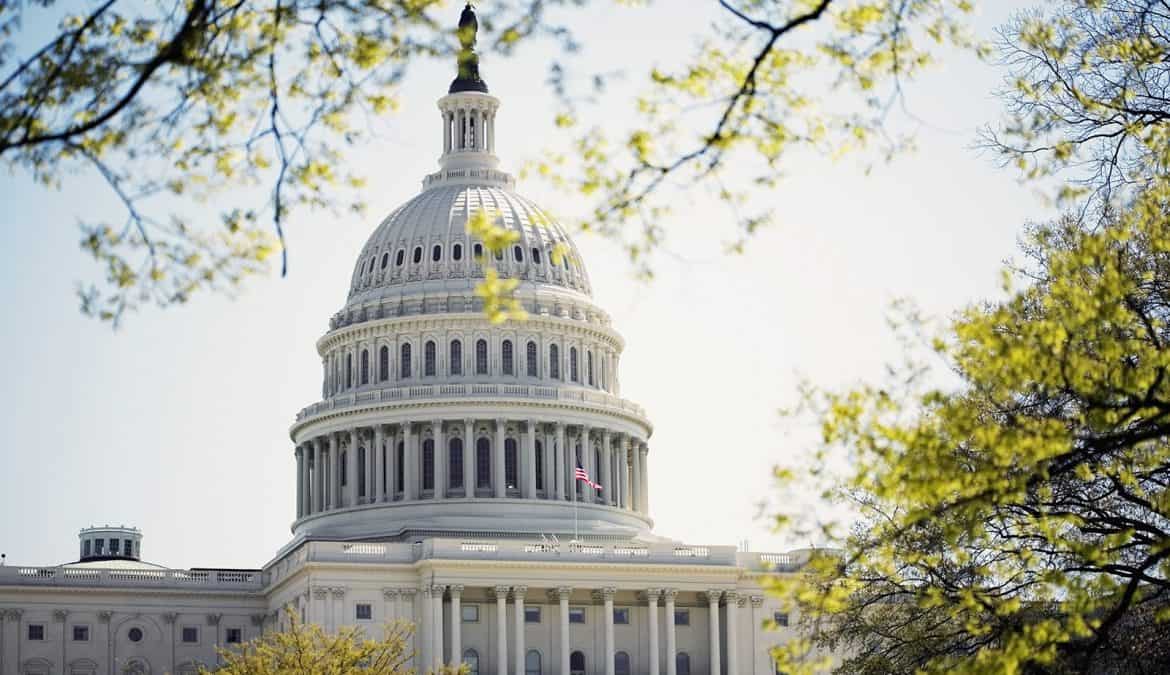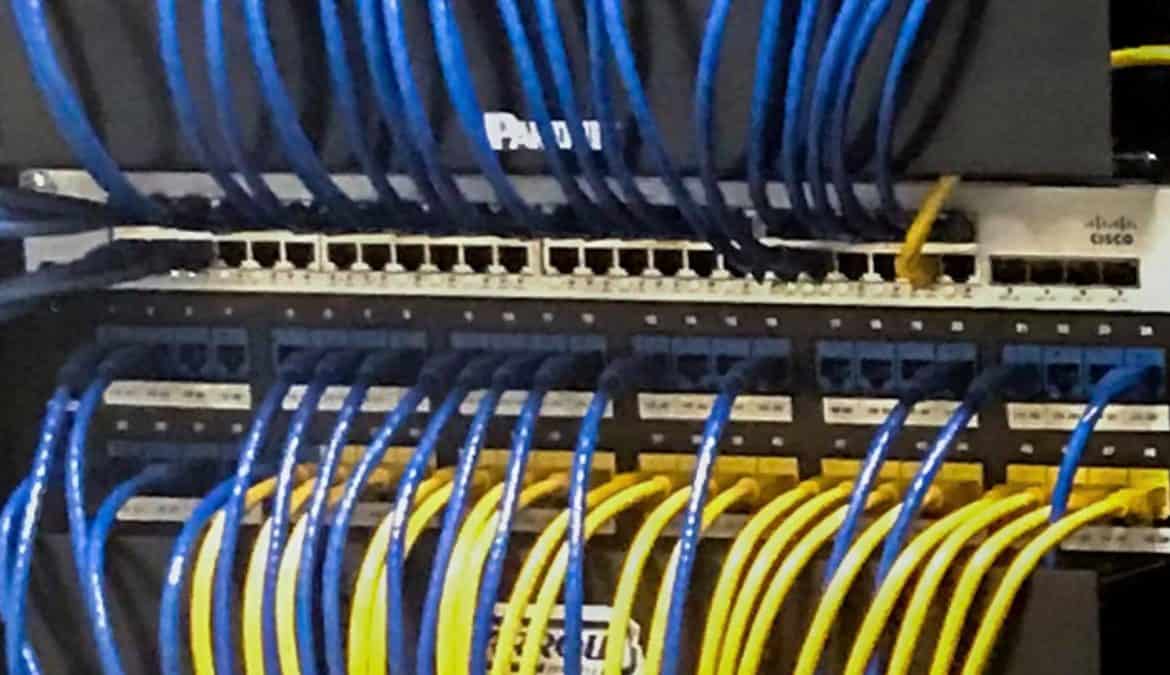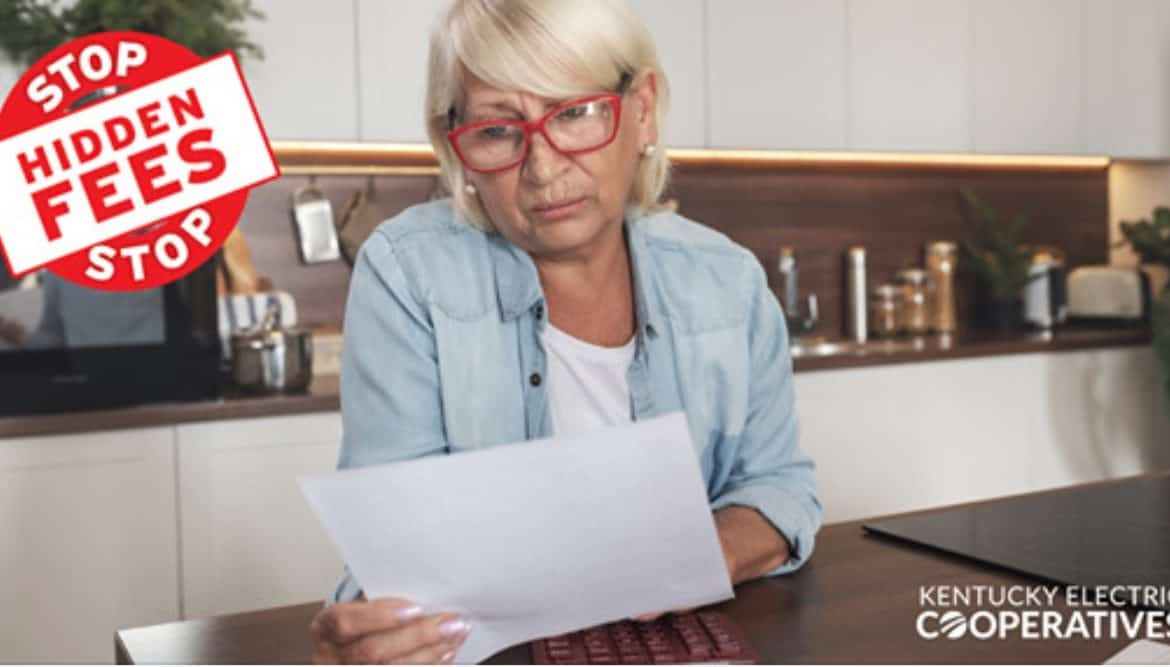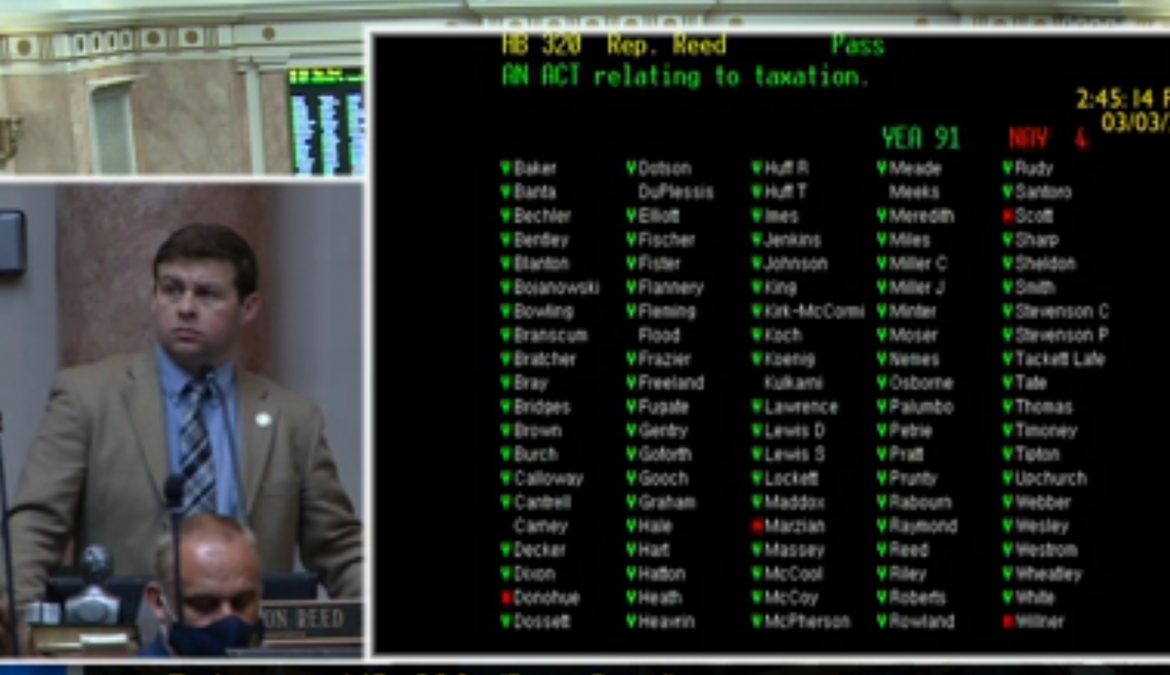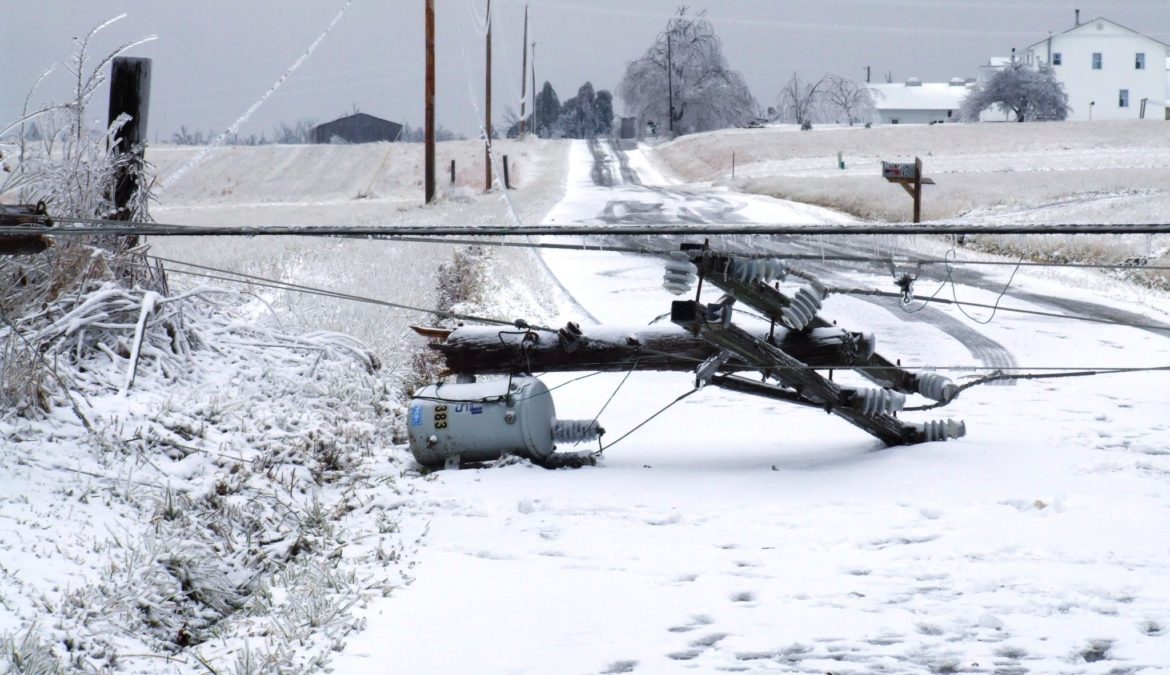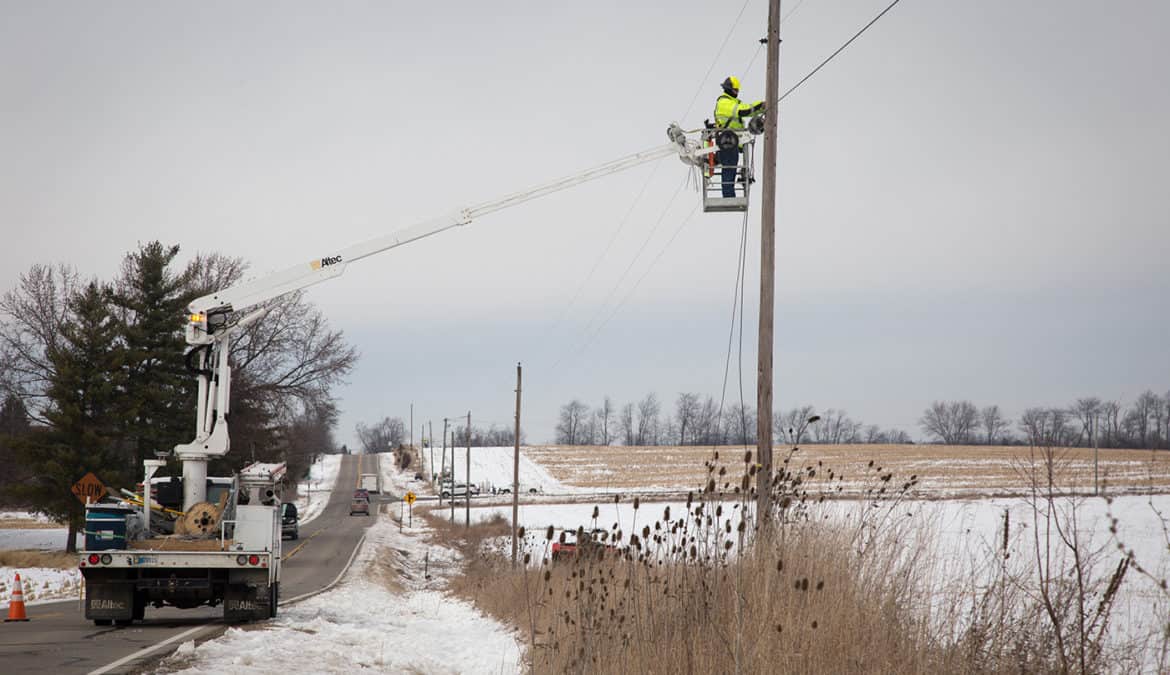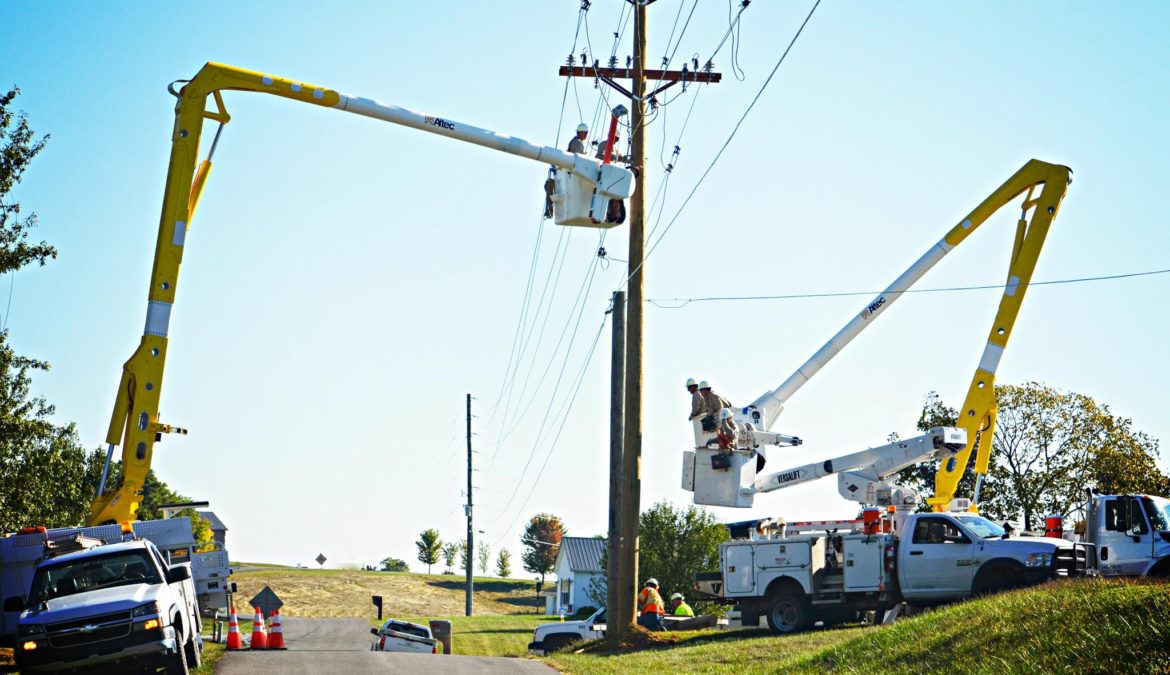Congress has approved a $1.9 trillion COVID-19 relief bill that could help struggling electric cooperative consumer-members pay their electric bills.
The American Rescue Plan Act provides an additional $4.5 billion in emergency funding for the Low-Income Home Energy Assistance Program. The money, available through September 2022, helps pay for home heating and cooling for low-income households, including elderly and disabled people and families with young children.
NRECA, along with six other energy-related associations, sent a letter to congressional leaders on Feb. 4 urging them to increase LIHEAP funding by $10 billion.
The relief package also allocates $21.5 billion in additional funding for emergency rental assistance, which helps people pay their rent and utility bills, including both past due and future payments. Funds will be available through September 2027.
Homeowners hit hard by the pandemic will be eligible for assistance as part of a new, nearly $10 billion program to help them pay their mortgage, utility and internet bills. The money will be dispersed by states and local governments through September 2025.
“This package provides some much-needed relief to co-op consumer-members who have suffered job losses and other economic devastation caused by the pandemic,” said Louis Finkel, NRECA’s senior vice president of government relations.
The Senate passed the legislation Saturday, and the House approved it Wednesday. President Joe Biden, who made COVID-19 relief the first legislative priority of his administration, signed the bill into law Thursday.
In addition to helping people pay their electric bills, the legislation includes potential broadband funding opportunities, gives more money to the Federal Emergency Management Agency’s Disaster Relief Fund and expands support for small businesses.
The bill includes $340 billion in COVID-19 recovery funds to state and local governments, which have the option to use the money for broadband deployment if they choose. It also establishes a $7.2 billion emergency connectivity fund at the Federal Communications Commission that aims to close the homework gap by providing funds to eligible schools and libraries to pay for up to 100% of internet service, Wi-Fi hotspots and equipment costs.
The legislation also provides $25 billion in grants to restaurants devastated by the pandemic. The businesses can use the money to pay their electric and internet bills, along with other eligible expenses.
Co-ops battered by storms, fires and other disasters could benefit from an additional $50 billion in the bill for the FEMA Disaster Relief Fund.
Congress also expanded eligibility for loans under the Paycheck Protection Program to most nonprofits, affirming guidance from the Treasury Department and the Small Business Administration on electric co-op eligibility. The program is designed to help small businesses keep their workers employed during the pandemic. They can also use the money to pay their utility bills.
Erin Kelly is a staff writer at NRECA.

